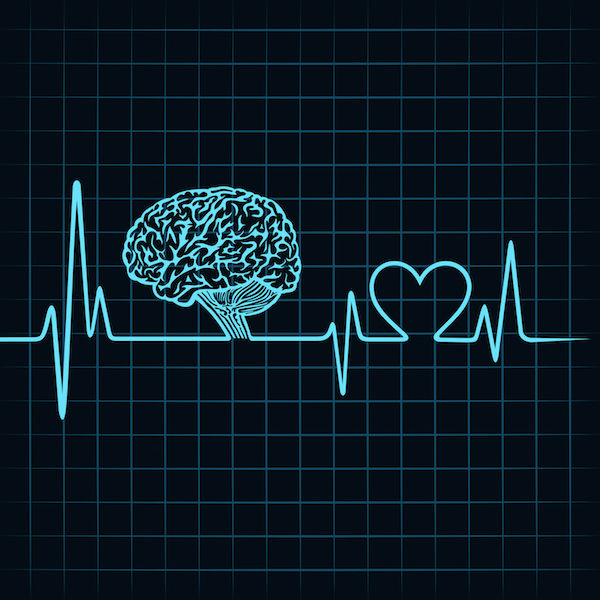
MONDAY, Aug. 2 (HealthDay News) — What’s good for the heart is probably also good for the brain, suggests new research.
People with the highest cardiac output for their body size (cardiac index), meaning those with the greatest blood flow from their heart, tended to have more brain volume, which generally indicates a healthier brain.
In fact, the researchers said that people with the lowest cardiac output showed nearly two more years of brain aging than did those with the highest cardiac output.
What’s more, this connection held true even in people who had no known heart disease.
“Those with the lowest cardiac index and the middle group both had smaller brain volumes than those with the highest cardiac index,” said the study’s lead author, Angela Jefferson, an associate professor of neurology at the Alzheimer’s Disease Center at Boston University School of Medicine.
“Our results definitely suggest that cardiac health is related to brain health,” she noted.
Results of the study are published in the Aug. 2 online edition of Circulation.
The health of the heart and circulatory system are increasingly being linked to the health of the brain. Poor heart health has been linked to neuropsychological impairments and dementia, according to background information in the study. But, less is known about the brain health of people who don’t already have heart problems.
The current study included more than 1,500 people who had participated in the Framingham Offspring Study. Their average age was 61 years, and 54 percent of the study volunteers were women. Anyone with significant cardiovascular problems was excluded from the study.
Ten percent of the study participants were smokers, 9 percent had diabetes and 28 percent had high blood pressure, according to the report.
All of the study volunteers had MRI scans taken of their heart and brain to assess their cardiac index and brain volume.
The investigators found that people within the lowest and middle range of cardiac index had significantly lower brain volumes than people who had the highest cardiac index.
Jefferson said the researchers were somewhat surprised by this finding, as they had expected to see more of a linear relationship, meaning that as the cardiac index improved, they expected to see the brain volume improve as well, but that wasn’t the case with the middle cardiac index group.
“We didn’t expect the middle group, who have what’s considered normal cardiac index values, to have decreased brain volume,” said Jefferson.
The study authors also found that the association between cardiac index and brain volume was strongest in people under 60 years old. Jefferson suggested that one reason for this finding may be that as people get older, they have more competing brain health factors, such as the development of dementia.
The study’s findings need to be replicated, she said, and researchers need to investigate whether changes in cardiac index over time can have an impact on brain health.
“We may have identified another mechanism for identifying abnormal brain changes, but we need further studies to see how cardiac index relates to brain changes over time,” Jefferson said. “Is cardiac index a risk factor for Alzheimer’s and other brain disease?”
One expert said it’s too early to say whether there’s a cause-and-effect relationship at work here.
“This is an interesting, strong association. Just as we measure someone’s weight, blood pressure and cholesterol to assess their heart disease risk, we now have numbers for cardiac index and brain volume. But, we’re still at the association stage, and can’t tell if one factor is caused by the other,” said Dr. Ralph Sacco, president of the American Heart Association and co-author of an accompanying editorial in the same issue of the journal.
“The key message for the public is the connection between heart vascular issues and brain vascular issues. The things that affect the heart can affect brain health,” said Sacco, who is also chairman of neurology at the University of Miami Miller School of Medicine.
He said that controlling your heart disease risk factors — exercising regularly, eating right, maintaining a healthy weight, not smoking and managing high blood pressure, cholesterol and diabetes — will lead to better heart, blood vessel and brain health.
“Know that these things are important, not just for the heart but also for the brain,” said Sacco.
More information
There’s more on how the brain works at the American Heart Association.

